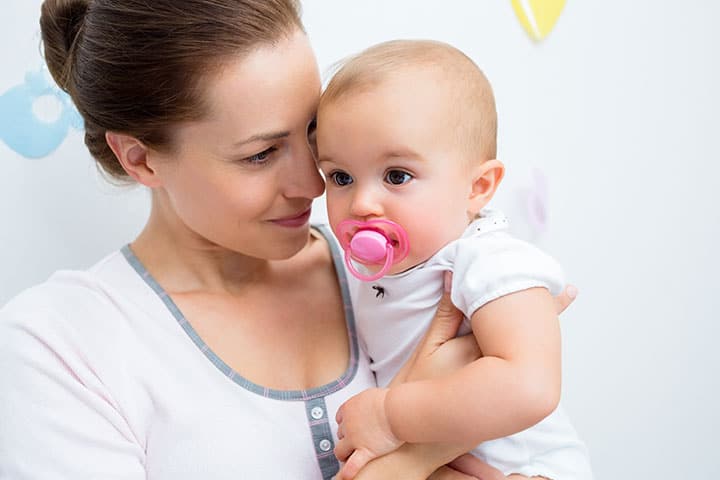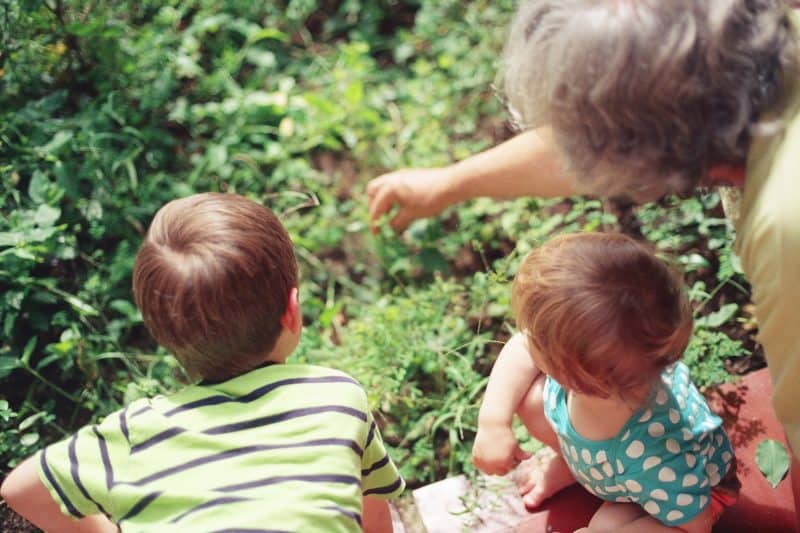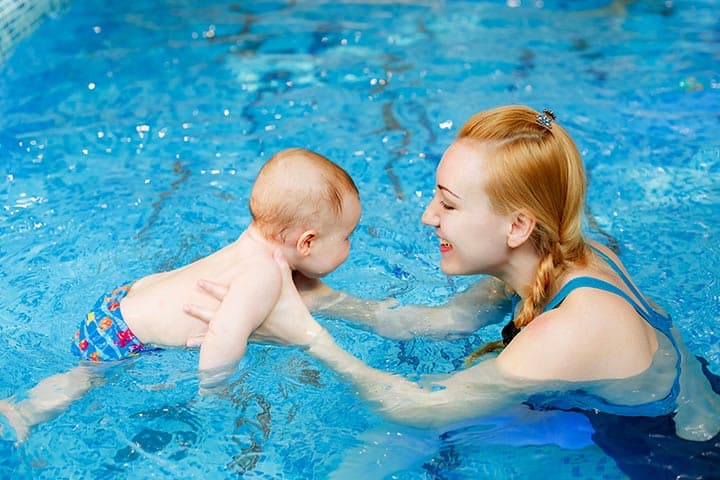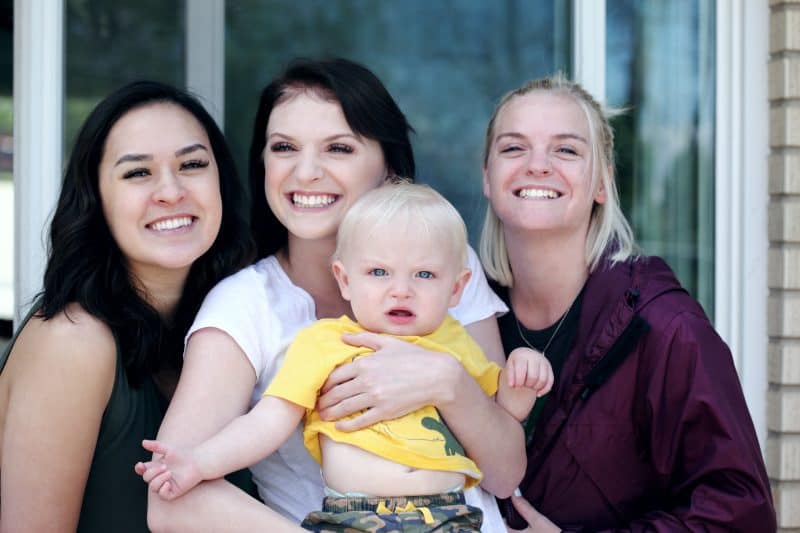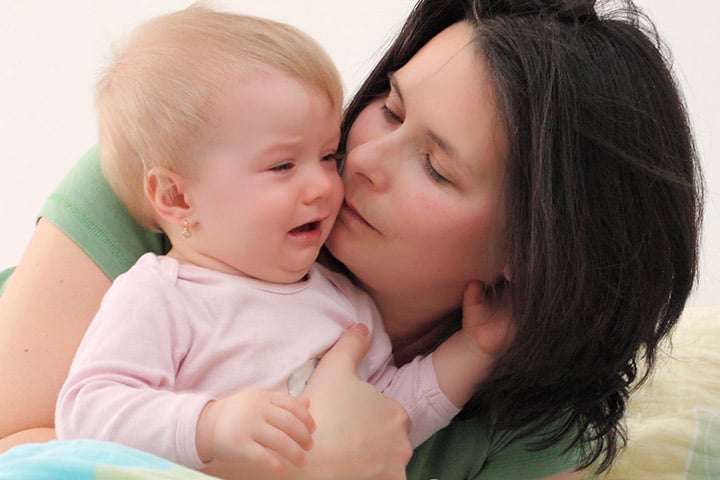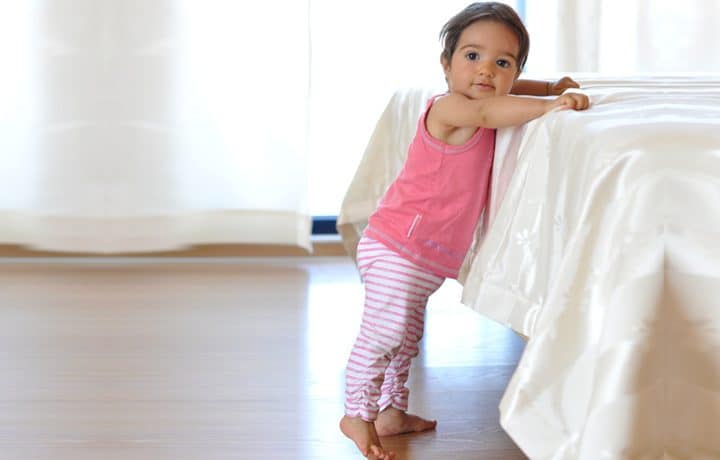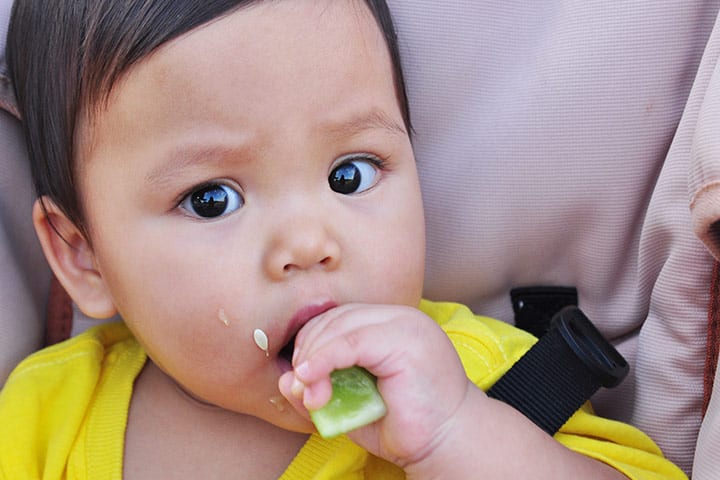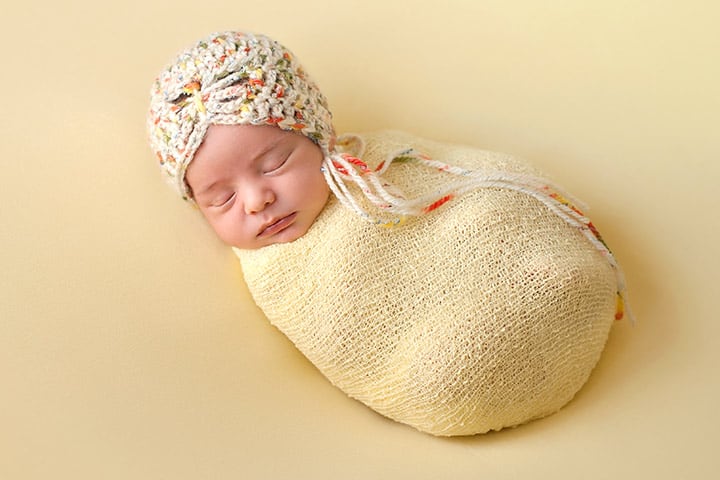Teething can be a challenging time for babies and their parents. Soreness and swelling may make some little ones fussier and more reluctant about eating. These are the basic facts about teething and home remedies to make this stage more comfortable.
Basic Facts About Teething
- Know the typical schedule. You can usually expect to see your baby’s first tooth when they’re about 3 to 6 months old. Check with your doctor if it doesn’t appear by their first birthday.
- Expect different reactions to different teeth. The lower front teeth will usually appear first and the very first tooth may cause the most discomfort. Big molars or cutting several teeth at once may also be difficult.
- Pay attention to more serious symptoms. Teething used to be regarded as dangerous mostly because it got blamed for other developments that babies are prone to at around the same age. Check with your doctor if you see signs of fever, congestion or diarrhea. They may indicate a viral infection.
Home Remedies To Make Teething More Comfortable
- Massage your baby’s gums. Rub your baby’s gums gently for a couple of minutes with a clean finger. They may resist at first but they’ll come around if it helps to relieve the pain.
- Buy teething rings. Store-bought chew toys will help your baby to relieve pressure on their gums and make them less likely to gnaw on other objects that could be toxic. Pick whatever style your baby prefers.
- Make your own teething toys. A bottle filled with plain cold water may be all your baby needs. Washcloths or terrycloth toys dipped in water and chilled are also good options.
- Take proper care of all teething devices. Clean all teething toys after each use. Take frequent breaks to limit the amount of time a very cold object has direct contact with your baby’s gums.
- Serve your baby cold foods. Your baby may have trouble eating because sucking increases blood flow and sensitivity in the gums. Foods like popsicles and cold applesauce can ease the pain by numbing the area. Older babies may also like chewy frozen foods like bagels.
- Clean up drool promptly. Babies drool more when they’re teething. Try using absorbent bed sheets. Wiping your baby’s chin frequently with a clean cloth will also help to keep them dry and reduce the risk of rashes.
- Use pain relievers designed for babies. Check the labels to be sure a pain reliever is suitable for babies. Doctors advise that aspirin be used only by people over 20 due to the risk of Reye syndrome.
- Talk with your doctor before using any teething gels. The FDA advises against teething gels with ingredients like benzocaine because of the potential for toxic reactions. Your doctor can help explain the risks.
- Avoid alcohol. Even small amounts of alcohol can be harmful, so check medicine labels carefully.
- Keep all teeth clean. Primary teeth need to be kept clean to avoid future dental problems. Wipe them with a soft cloth until there are enough teeth to need a soft toothbrush.
- Schedule your child’s first visit to the dentist. Plan on taking your child to the dentist about 6 months after their first tooth appears or before their first birthday, whichever comes first. Early checkups enable your dentist to spot irregularities and advise you about any special care your child needs.
Many children sail through teething with no symptoms at all and simple home remedies will be all that’s needed to ease most cases of fussiness or challenges with eating.
As always, talk with your doctor about any concerns you have and get your baby off to a good start with healthy teeth.





